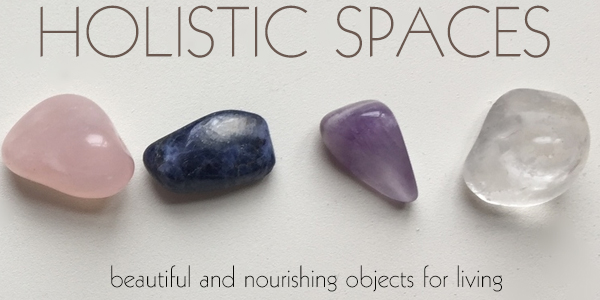The benefits of composting, combining a variety of kitchen scraps and organic materials, are numerous, whether or not you garden or have a yard. From enriching the soil without harmful chemicals to reducing a trash collection bill, time looking into composting is not time wasted. See below for a few examples of how composting can benefit you, no matter where you are.
Enriches Soil
Composting creates humus. The process required to transform scraps and other materials into organic fertilizer involves the production of positive “micro-organisms.” These guys make a job out of creating humus from broken down organic matter. In this case, humus is, rather than a savory dip for celery and pita, a gardening material filled with nutrients that add to soil and assist in retaining moisture.
Adding compost to soil also balances PH and improves soil CEC, which makes it easier for the earth to hold tight to nutrients. These nutrients are vital for growth of many plants, from food plants to pretty plants. Essentially, when soil isn't an ideal consistency and texture, it will be difficult to grow any kind of plant. Compost helps to ensure that soil is crumbly and open enough for water and nutrients to move through.
Cleans Up Contaminated Soil
Not only does it absorb odors, composting counteracts VOCs and other semivolatile compounds. Examples? Heating fuels, PAHs, and explosives. Yup, explosives. Not impressed yet? Composting also prevents heavy metals in soil from being absorbed by plants or other water sources, thus helping to keep our water sources cleaner. Plus, composting actually degrades lots of chemicals that have no business in our earthy soil anyway, including pesticides and wood preservatives.
Helps Prevent Pollution and Save the Planet
When you compost organic materials, instead of dooming them to landfills or other trash collections, you prevent production of harmful gases like methane and leachate formulation.
Composting is among the top options for reducing your carbon footprint, thus doing your part to save our planet.
It's sustainable too! Instead of using precious natural resources that we will not have forever, composting uses scraps from already eaten food and other natural products to produce the same effect without depleting our supply of non-sustainable materials.
Saves Money!
There is tons of energy in organic waste like vegetable scraps. Composting easily collects that energy and directs it back into the ecosystem, whether you apply it directly to the soil or donate it for application.
If you apply directly, this in turn also saves on gardening expenses like fertilizer, pesticides and the like, as you can use the scraps of food your family has already eaten as repurposed compost.
Using chemical fertilizers often leaves behind a wealth of heavy metals (lead, arsenic?! and cadmium) that can build up over time. Overuse of chemical fertilizers can actually bring death to the very soil itself, which only requires dependent use of these same fertilizers, thus costing even more money over time. Composting skirts this issue entirely, as it is composed only of organic materials.
If you pay for disposal of garbage, especially by weight, composting will immediately reduce that bill, as you'll be using a significant amount of previously dubbed "garbage" to garden and enrich your soil.
Supports Our Economy
Composting reduces our dependence on oil from overseas, as it reduces the need to purchase chemical fertilizer often made using petroleum.




